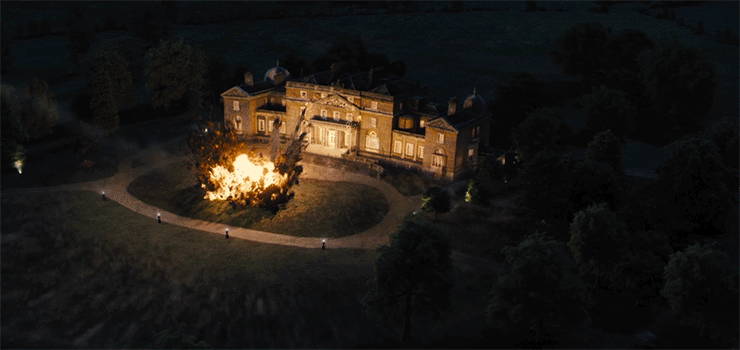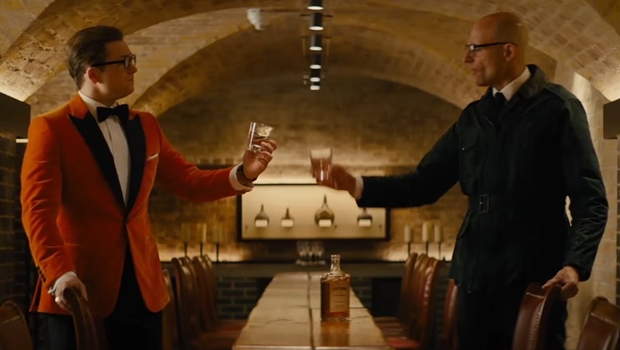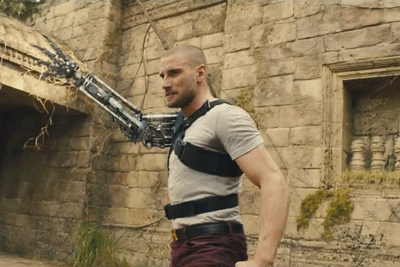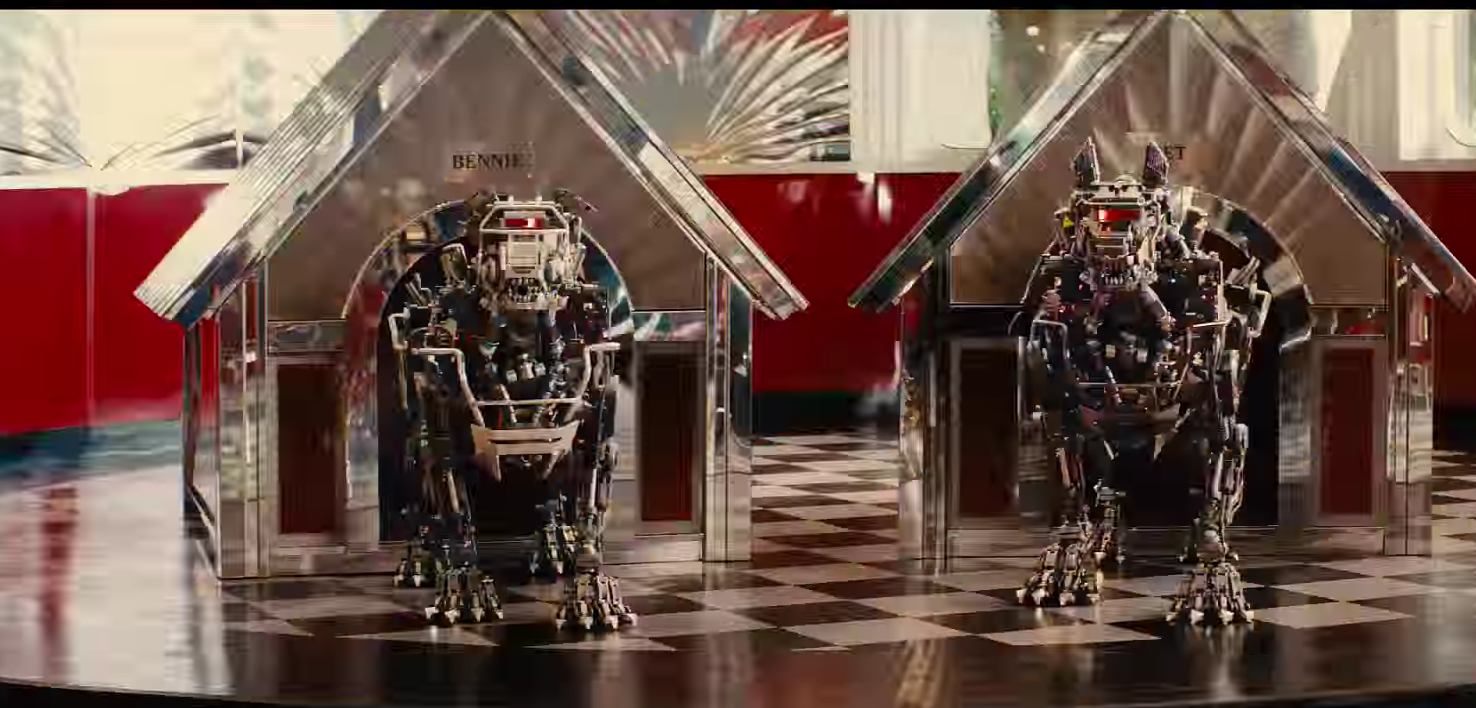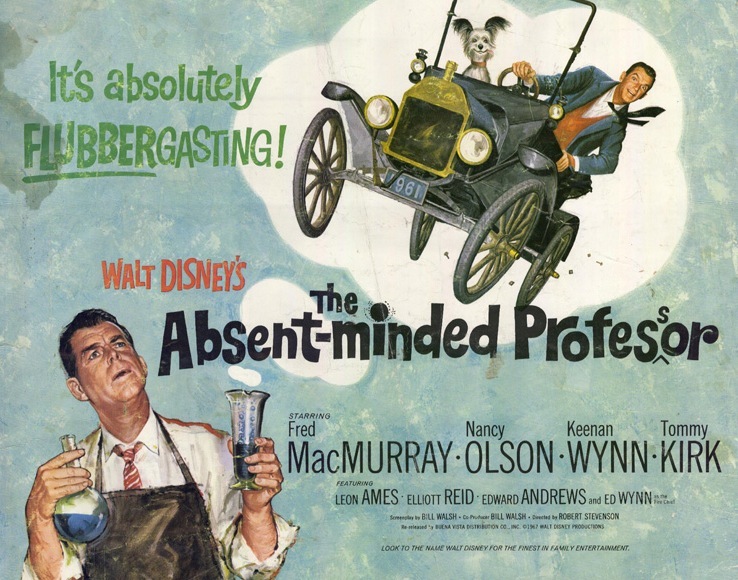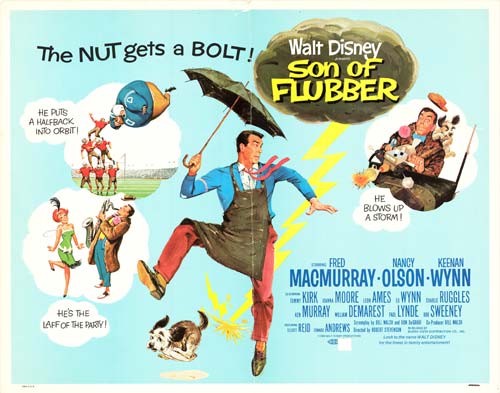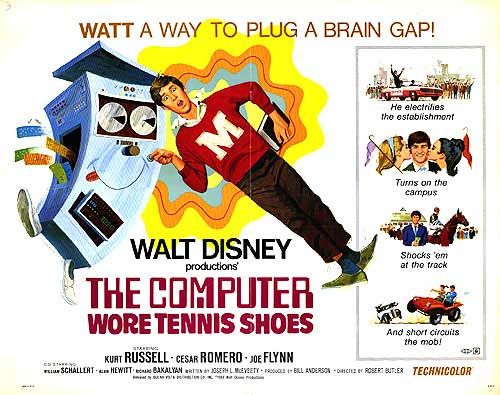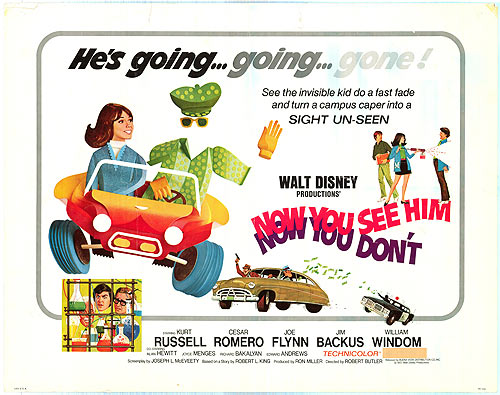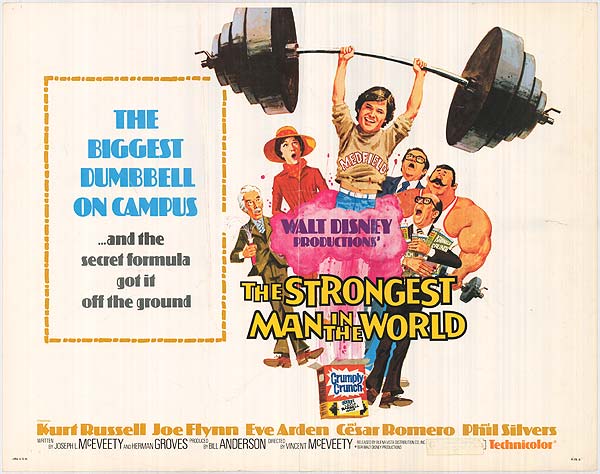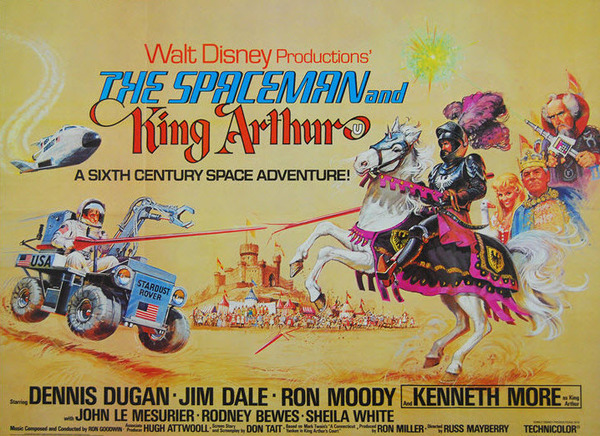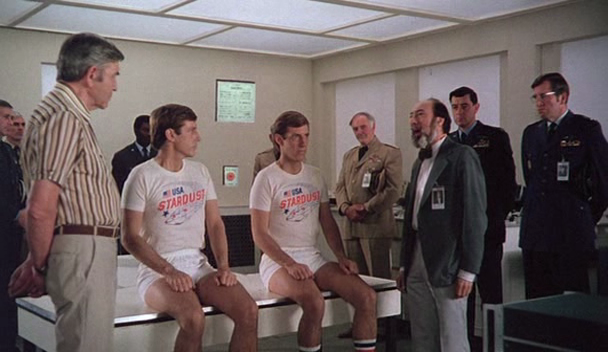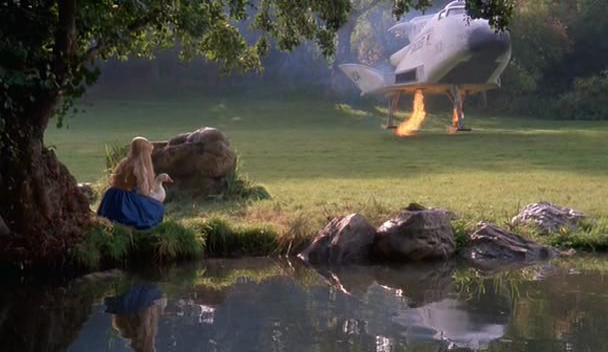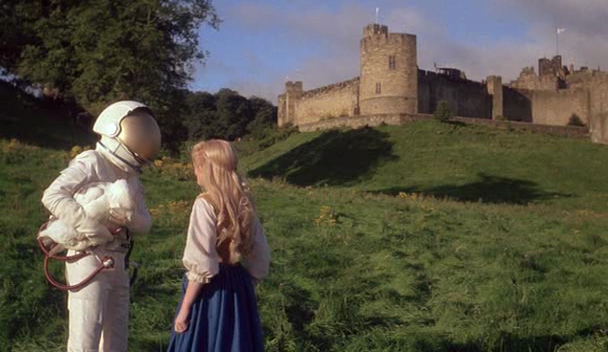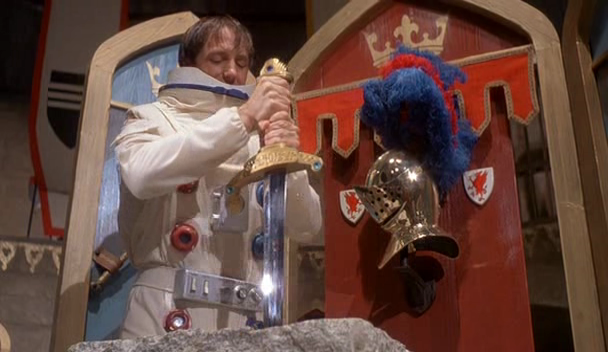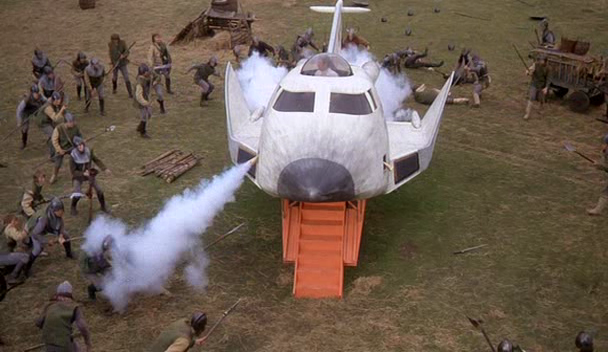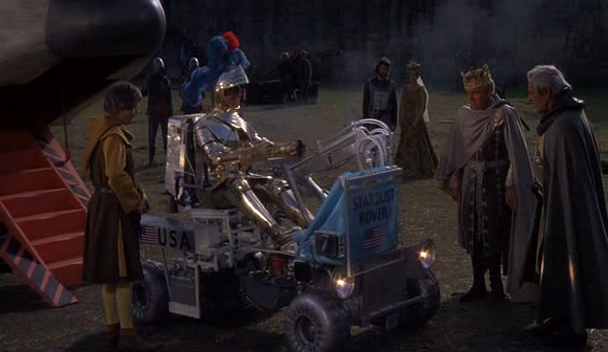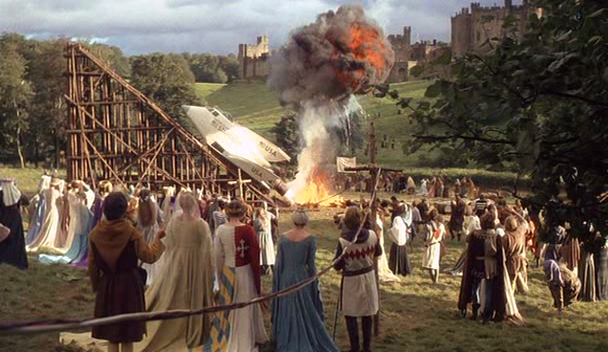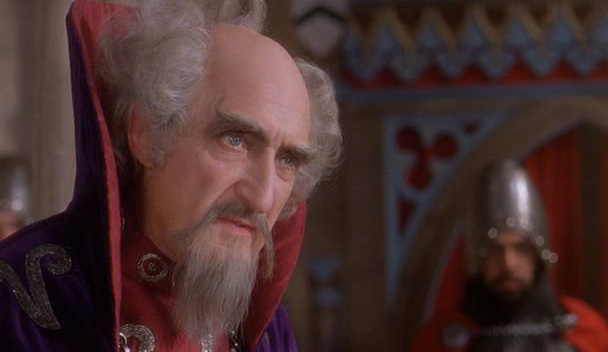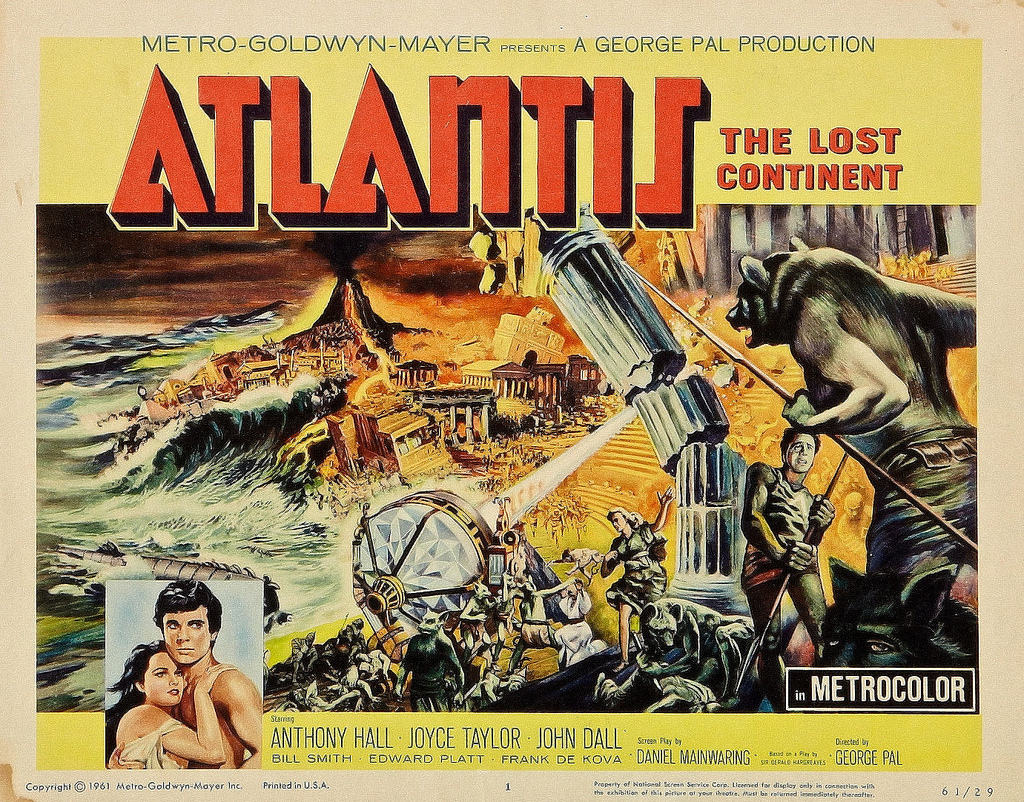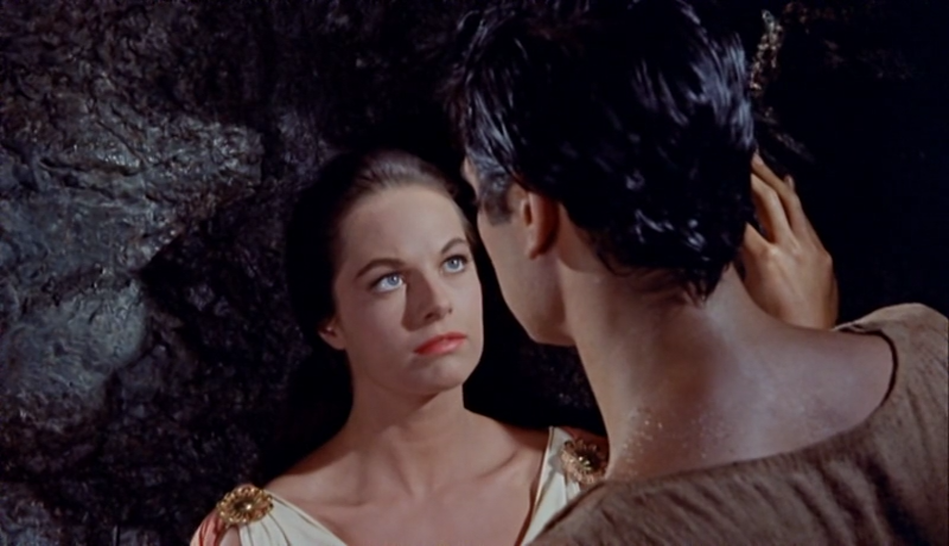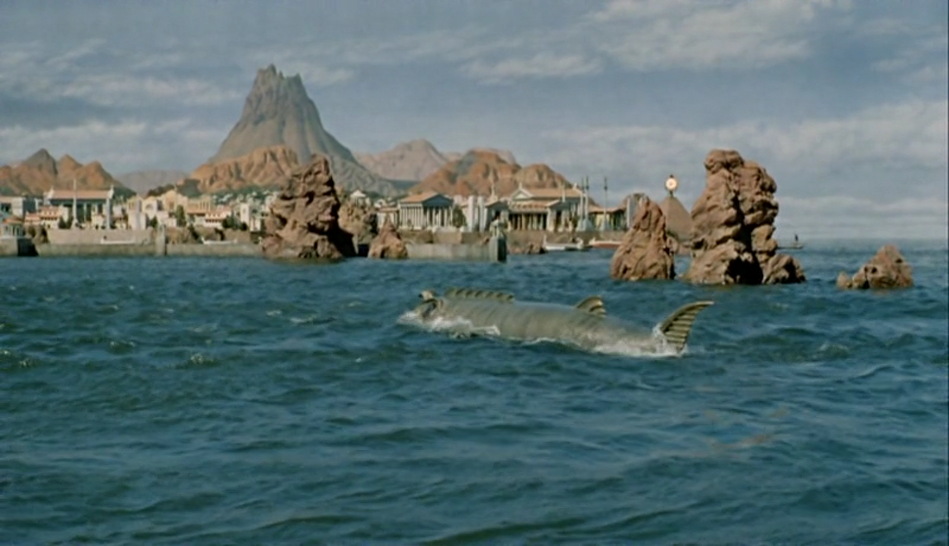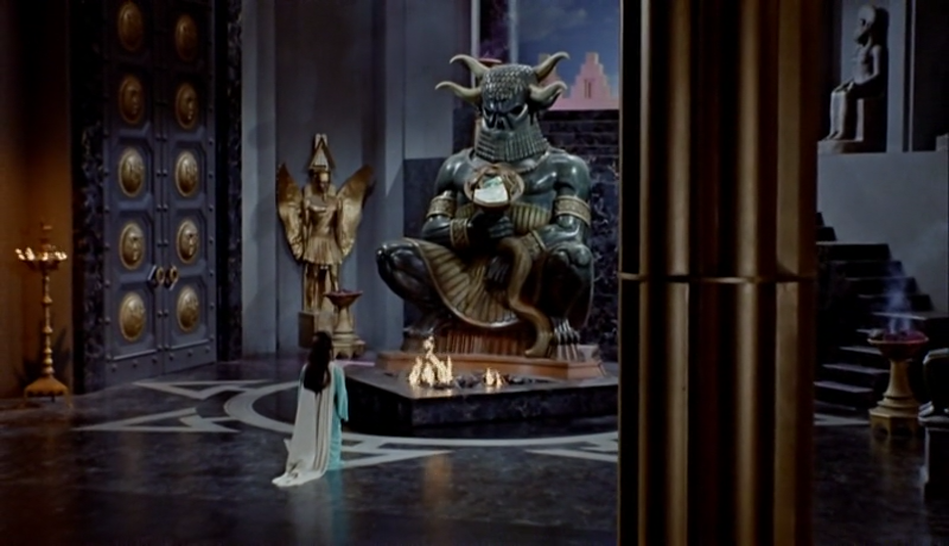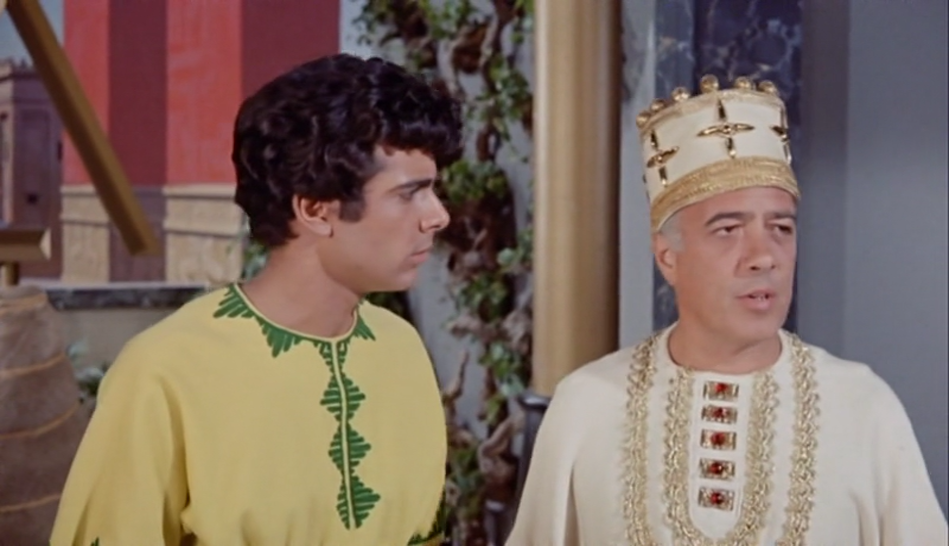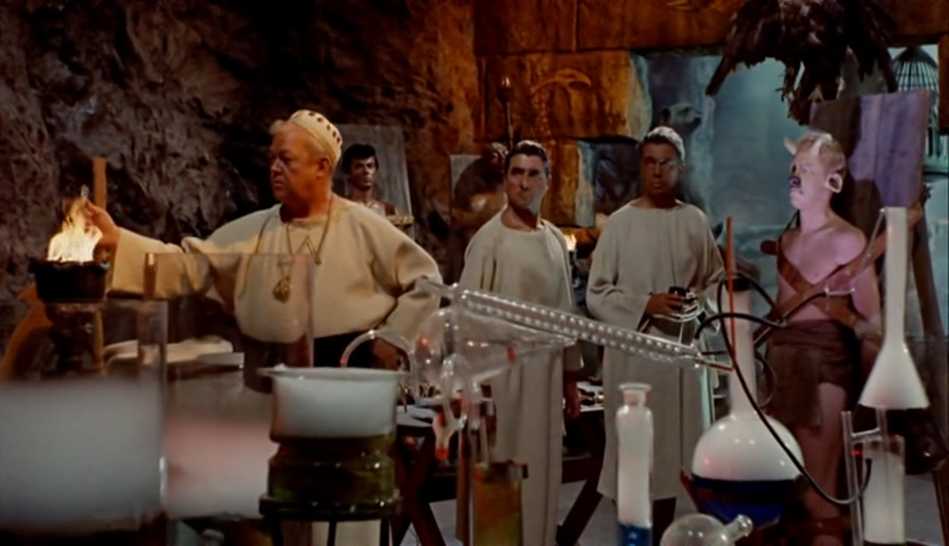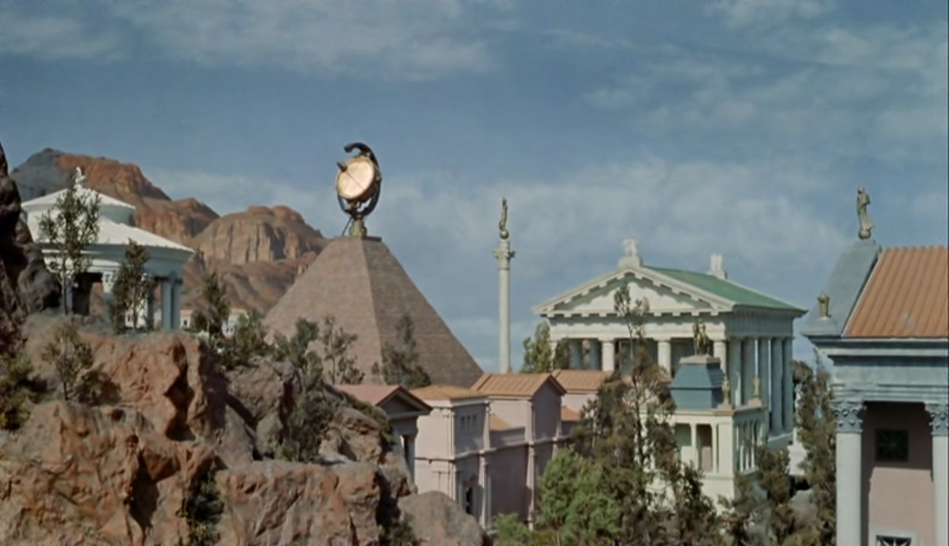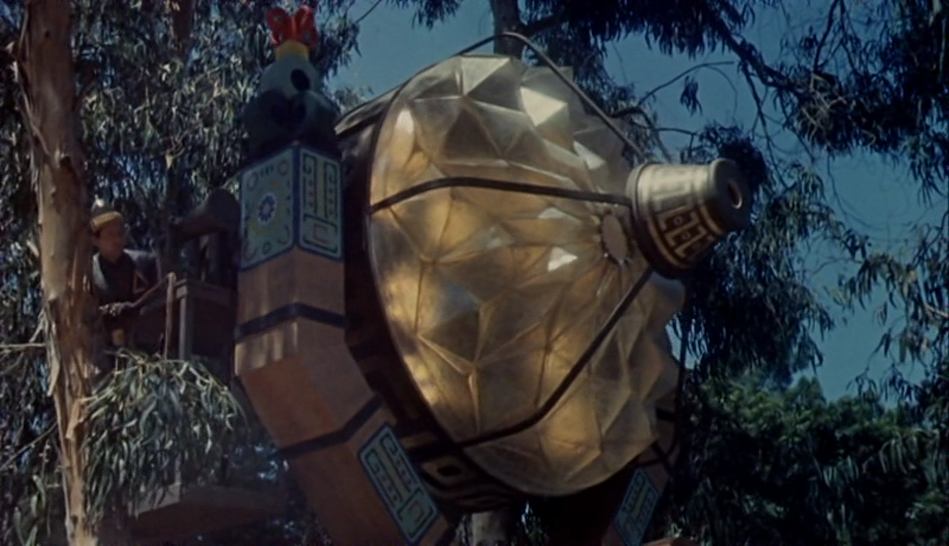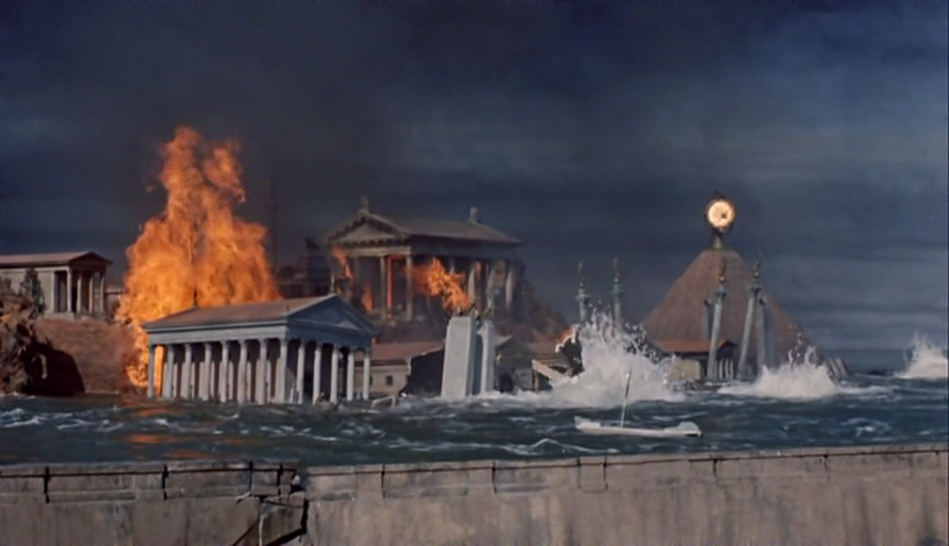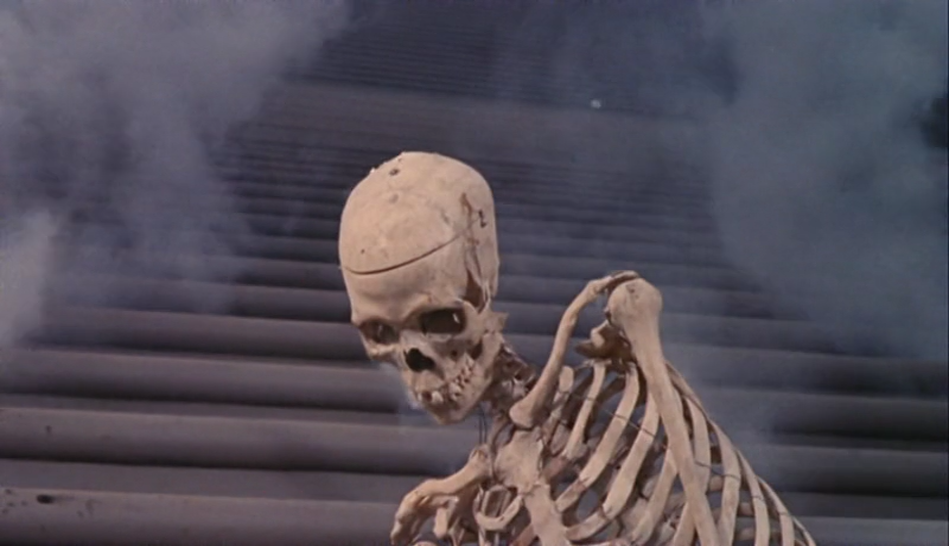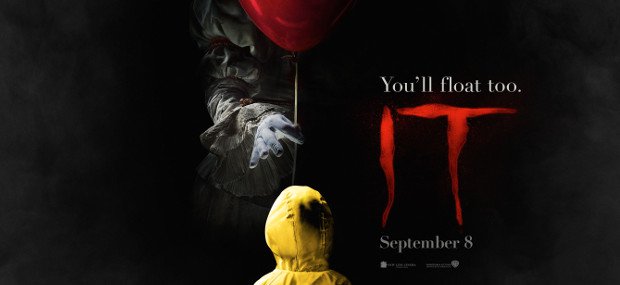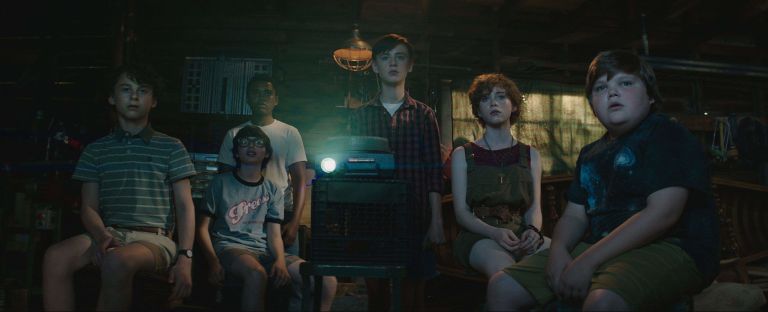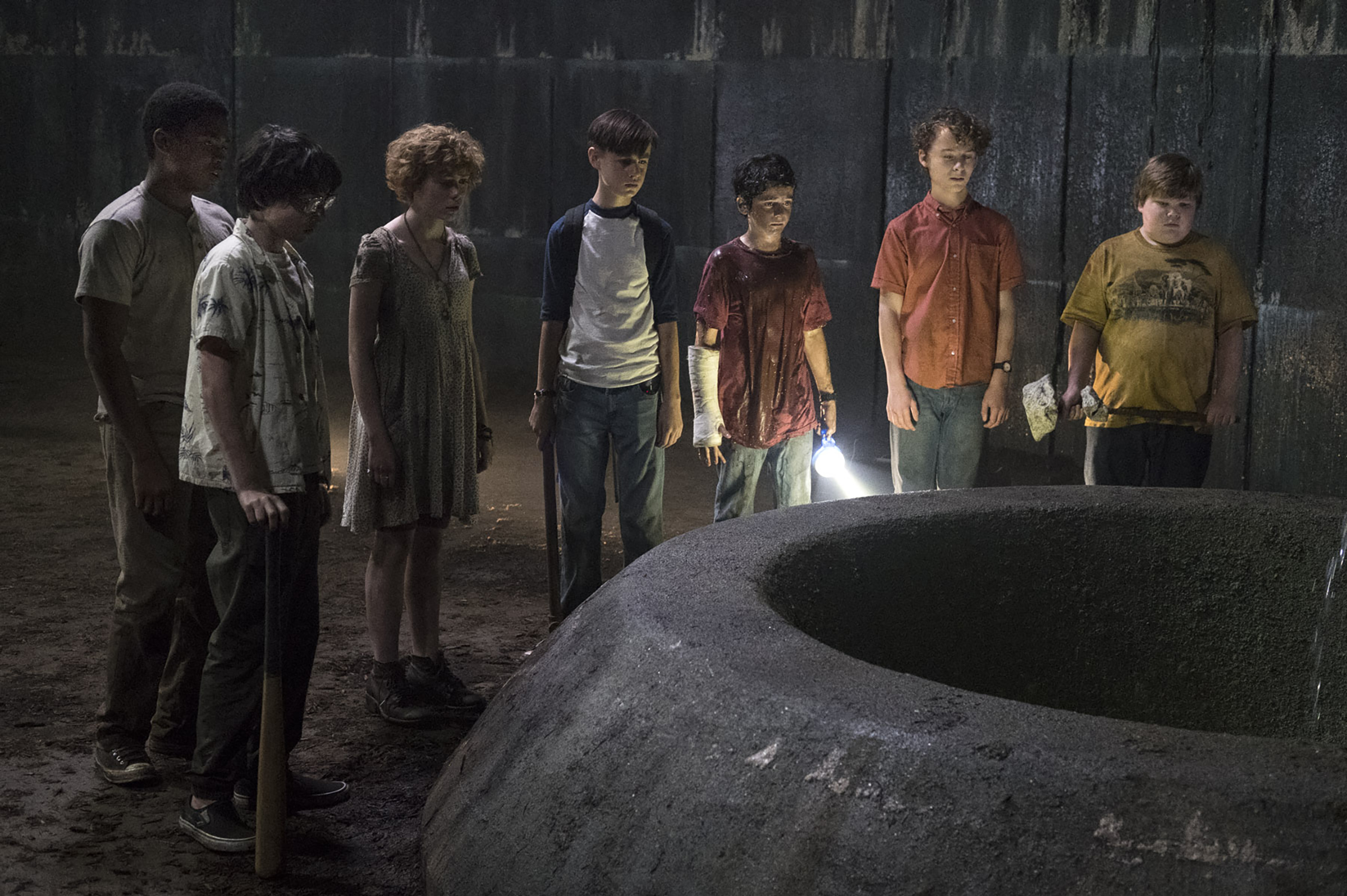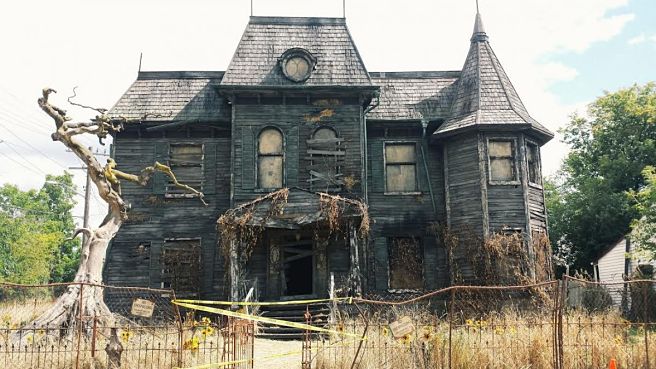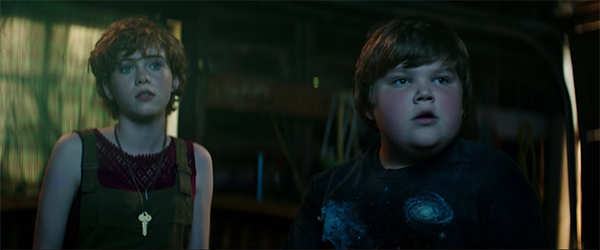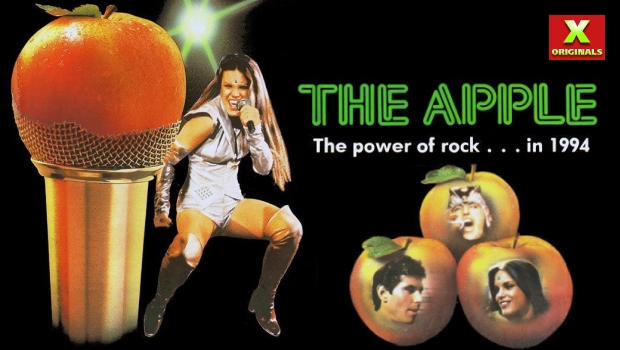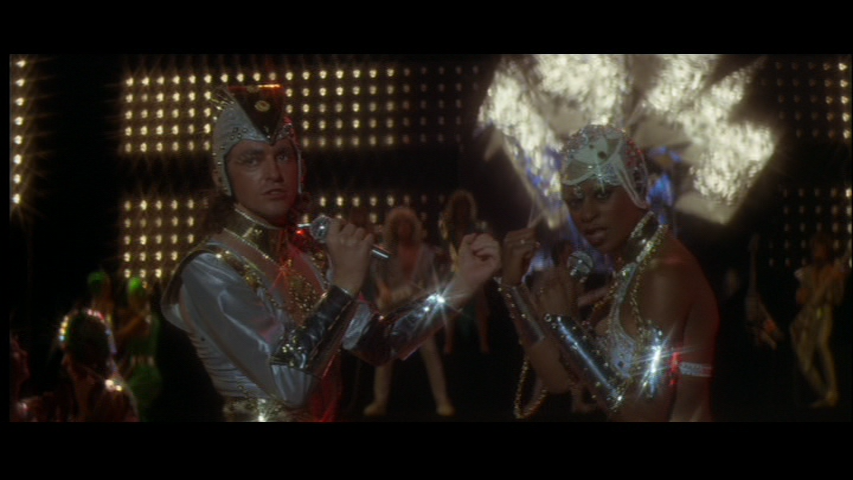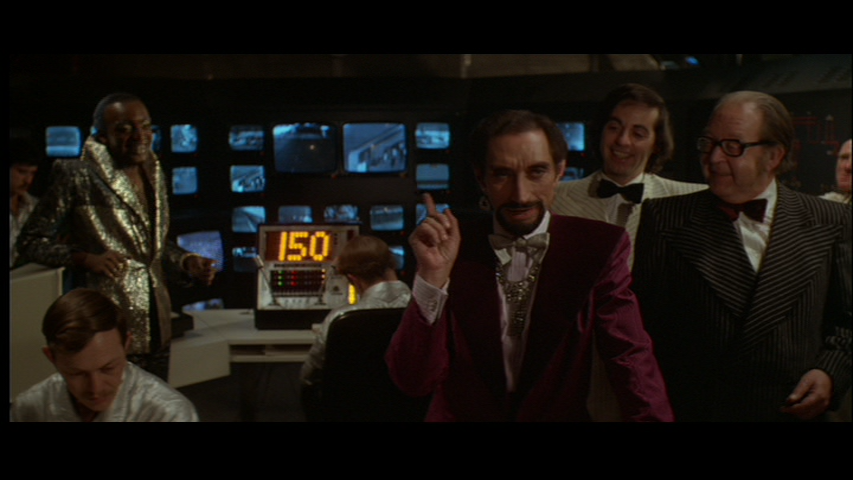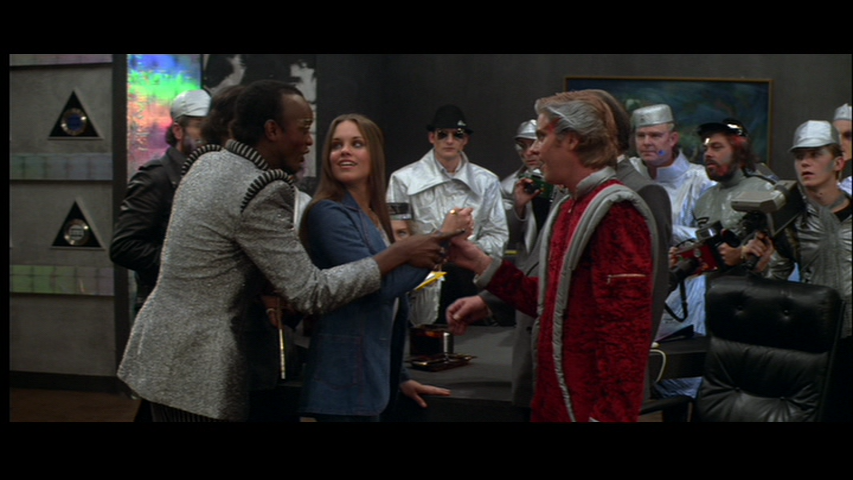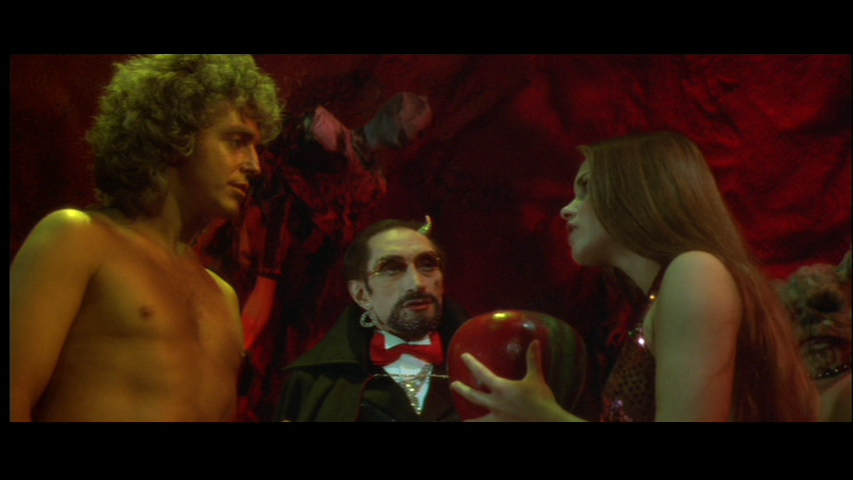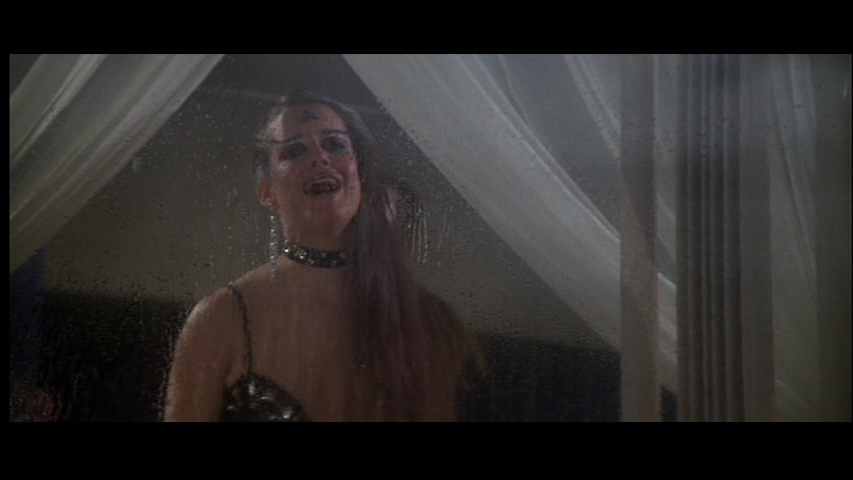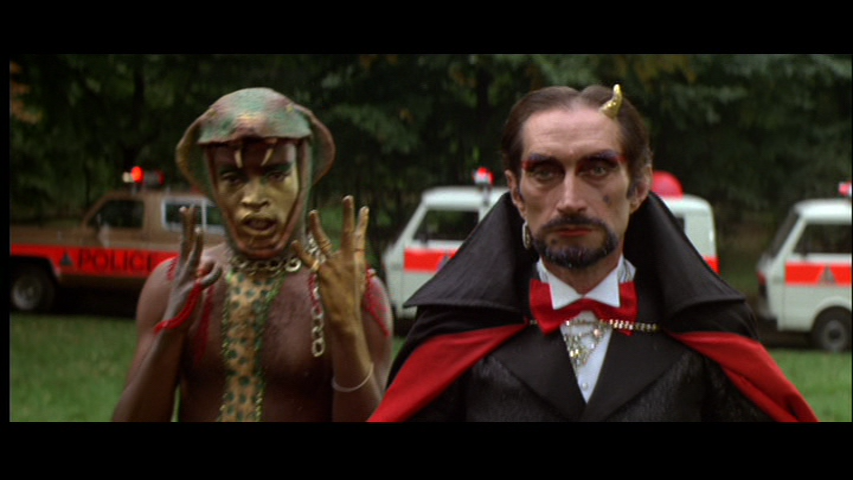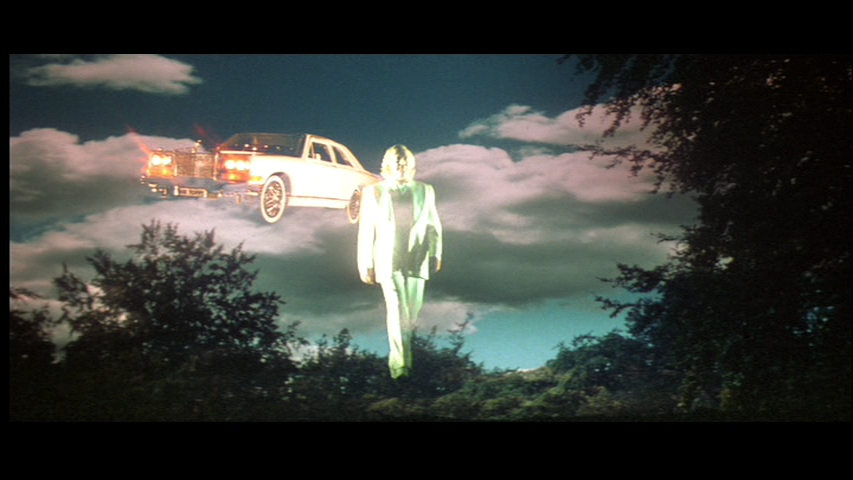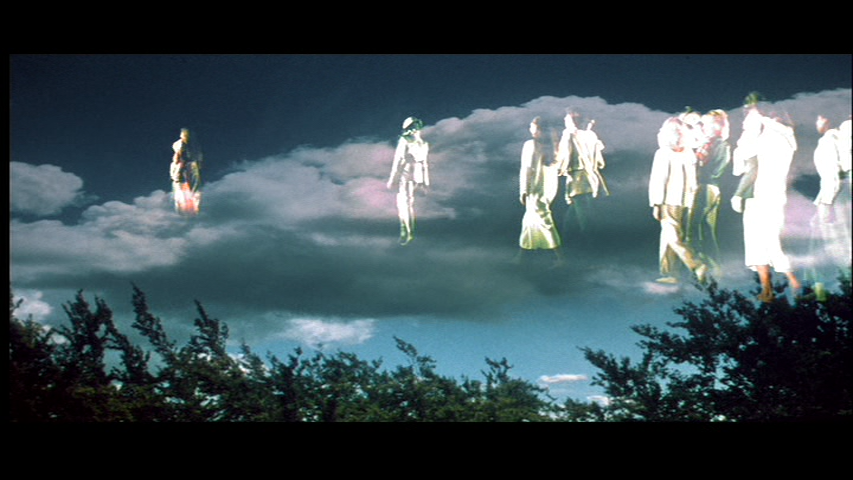This sequel takes place a year after Eggsy (Taron Egerton) and the spy organization Kingsman saved the world from an evil plan to wipe-out most of mankind and all seems right with the world, and in a really nice touch Eggsy is in a serious relationship Crown Princess Tilde of Sweden (Hanna Alström), who in the last film seem only there to be the butt of an anal sex joke, and he and his mates all seem to be doing well (though Eggsy’s mom makes no appearance so we don’t know if she’s in another bad relationship or not). Then a shadow from the past, in the form of failed Kingsman applicant Charlie Hesketh (Edward Holcroft), who now works for a shadowy drug cartel known as the Golden Circle, enters the picture and a day later the Kingsman organization is completely wiped out by surprise missile attack.
In sequel terms this is called “Clearing the Field.”
I simply loved this first act; from the amazing fight with Charlie, now sporting a robot hand, to the car chase that tears across London at breakneck speeds amidst a hail of bullets, it's all fantastically choreographed. As we saw in the trailers the entire Kingsman organization is destroyed and now it’s up to Eggsy, and the only other survivor Merlin (Mark Strong), to save the day and avenge their fallen comrades. All that is pretty great stuff except for the part where Roxy (Sophie Cookson), Eggsy’s friend and partner from the last film, is among the dead, and that really pissed me off. It’s clear that with our heroes winging off to the States to meet their American counterparts the writers decided to ditch her to make room for these new characters, but sadly most of these new characters were pointless and unnecessary and which this makes the killing off of Roxy an even bigger crime.The two give all the dead a nice toast, so I guess that makes it all right?
When Eggsy and Merlin tour a Bourbon whiskey distillery in Kentucky, the cover company for a secret American spy organization called Statesman, they get into a lame fight with Tequila (Channing Tatum), meet Ginger Ale (Halle Berry) who is the American version of Merlin, and Champ (Jeff Bridges) the head of the Statesman where Bridges is sadly found doing another riff on his Rooster Cogburn accent. Now where Kingsman played with the clichés and tropes of British spy films the Statesman parodies American western tropes, none of which I found particularly insightful or funny, and those three actors are pretty much wasted during the films exhausting 141 minute running time.I think Channing Tatum had more screen time in G.I. Joe: Retaliation.
And what about this film’s villain? Well it’d be hard to top Samuel L. Jackson’s grandiose super villain from the first film but I must say I really enjoyed Poppy Adams (Julianne Moore), who in this film is the head of a secret drug cartel called The Golden Circle (a riff on The Golden Triangle which is the region of illicit drug traffic in Southeast Asia), and she is bitter that as one of the most successful business persons she still has no respect becaucse no one world knows about her. Poppy's "brilliant" solution is to lace all the drugs she supplies with a time sensitive neurotoxin that will eventually kill the user and that she will only release the antidote to the world if the President of the United States (Bruce Greenwood) ends the War on Drugs and grants all those in her organization full immunity. This is an interesting plan, not as wild and colourful as Valentine’s head exploding plan but still quite original, and Julianne Moore is great as this eccentric goofball living in an American nostalgia town that she’s had constructed in the middle of the Cambodian jungle. Every scene with her was a treat but unfortunately the film is so over stuffed with characters zipping from one local to another, often with no effect on the plot, that we really don’t get enough time with her. In fact her cyborg henchman gets a great deal more screen time than she does and he’s was nowhere near as interesting Poppy nor even as cool as Sofia Boutella’s leg-bladed Gazelle from the previous film.The Six Million Dollar Henchman.
Another issue I had was in the film’s overabundance of villains for not only do we have Poppy and her henchman but there is double cross for our heroes to contend which wastes so much of the film’s running time, made worse by how ham-fisted it was forced into the plot, that when it is finally revealed it is not only no surprise to the audience but it's also a real "Who the hell cares" moment by that time. If this character had been completely excised from the script it wouldn’t have affected anything. This harkens back to my being pissed off at the killing off of Roxy for had the “traitor” subplot been abandoned they could have easily used that time for Roxy.We also never get an action scene as incredible as the "Hate Church Massacre" from the first film, granted it would be tough to top, but the final action set piece though well executed isn't anything we've not seen before.
Kingsman: The Golden Circle isn’t so much a bad sequel as it is a disappointing one; the action is fun if a little too over-the-top at times, there is a great cast but they are sadly wasted here, and the overall structure of film didn’t so much as rise to a crescendo as it did bump along to a clunky ending. If you enjoyed the first one and are okay with seeing much of the same shtick you will most likely be entertained, but if like me you could easily find yourself rather bored and tired by the time the film rolls credits.
Final Thoughts:
• The celebrity cameo was fun at first but then it was beaten to death.
• The scene where Eggsy must insert a tracker into Charlie’s girlfriend’s vagina was in bad taste even by 70s Bond standards, though him calling his girlfriend for permission almost made it work.
• The gondola parachute gag broke every law of physics and would have resulted in Statesman agent Whiskey's (Pedro Pascal) immediate and painful death.
• Harry’s (Colin Firth) return was spoiled by the trailer but then ruined further by having too much time spent on his partial amnesia.
• The obvious Donald Trump-like President was too on the nose and unfunny.
• And finally more super villains should have robot dogs.

